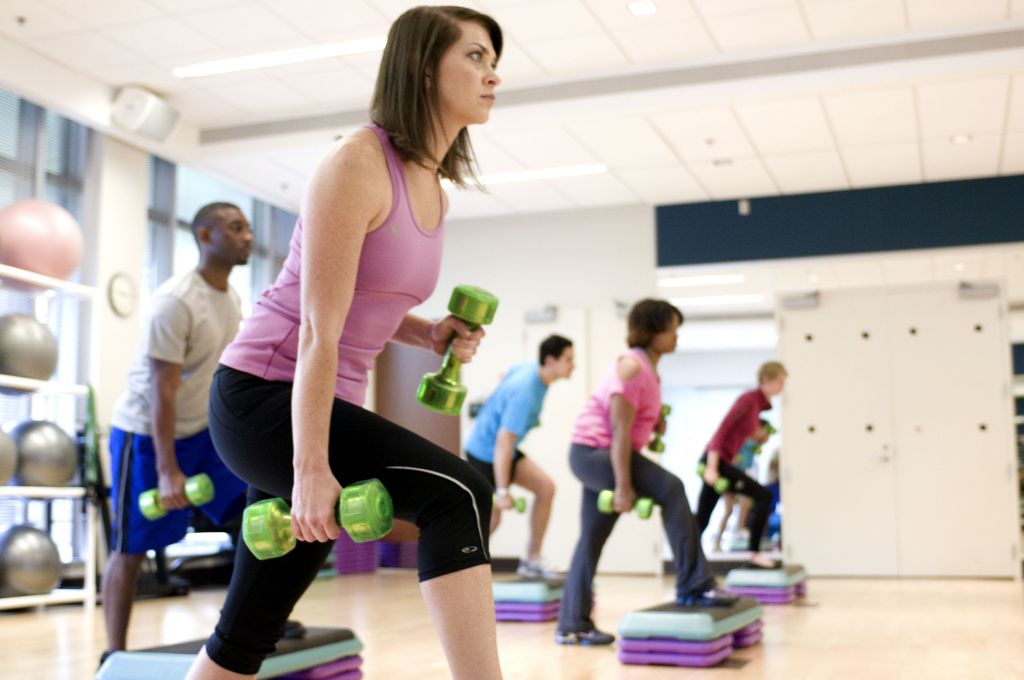The nice thing about exercise is that it’s one of the few things we know for sure is beneficial for your health. The jury is still out on diet, coffee, sitting at your desk—but exercise? Yes, it is good for you.
But since a lot of people don’t particularly enjoy exercising, the prospect of a magical pill that you can pop and get the same health benefits as hitting the treadmill is super enticing. That explains why so many headlines about a study published last week in Nature Communications breathlessly touted the amazing finding of an “exercise pill,” so you “don’t have to hit the gym, ever!”
Videos by VICE



The only problem? That is not what the study found. At all.
Titled “Piezo1 channels sense whole body physical activity to reset cardiovascular homeostasis and enhance performance,” the study investigated the role of a specific protein called Piezo1 in healthy adult mice. This protein is found in the endothelium—the soft tissue that lines the inside of blood vessels—and the researchers disrupted the production of Piezo1 in some of the mice to see what impact it had.
“What we’ve found is that this sensing of increased blood flow from exercise by the Piezo 1 is important for the physical performance of the mice on the running wheel,” David Beech, a co-author of the study and the Cardiovascular and Diabetes Institute Director for the University of Leeds, told me in an interview. “If we get rid of this protein from the blood vessels, then the mice don’t perform as well. It is necessary for their physiology. They can still exercise but it is important.”
In other words, the researchers discovered that this protein acts as a kind of exercise sensor, and improves the blood pressure and flow during exercise. Healthy adult mice with this specific protein in tact perform better when exercising. But, how do we get from there to a magic pill?
Beech told me that, someday, he and his colleagues would like to develop a drug, but it wouldn’t replace exercise. It would ideally be used to increase the health benefits of exercise for people with limited mobility due to injury or illness.
“It might be possible to enhance this protein so that a small amount of exercise becomes equivalent to a large amount of exercise,” Beech said.
He stressed that such a pill does not exist, and that so far all they’ve been able to confirm that Piezo1 senses exercise and helps mice perform better. They still don’t know if it helps produce the health benefits of exercise, or if it would have a similar effect in humans, or if it’s even possible to make such a pill.
Beech did not want to comment on the media coverage of his study, but it’s a common enough occurrence that I called up Dr. Adam Cifu, a professor of medicine at the University of Chicago who likes to joke about the trouble with reporting on health research.
“In medical research, what we do very well and where our advances have been enormous has been in treating sick people,” Cifu told me over the phone. “But most people are healthy and want to stay that way. Unfortunately there’s not much we can tell them beyond ‘get vaccinated and wear a seatbelt.’ That’s how a lot of these studies get publicized [by the media] with promises that are way grander than the research shows.”
I mean, I get it. I try to stay active and exercise but I’ve never really loved it. If I could pop a pill that would keep me healthy, looking and feeling good, without ever having to lift a weight, I’d be here for it. But when something sounds too good to be true, especially when it comes to a complicated health study, just try to remember—it probably is.
Get six of our favorite Motherboard stories every day by signing up for our newsletter.
More
From VICE
-

Tree-lined block in the Greenwich Village neighborhood of New York City. -

-

-

